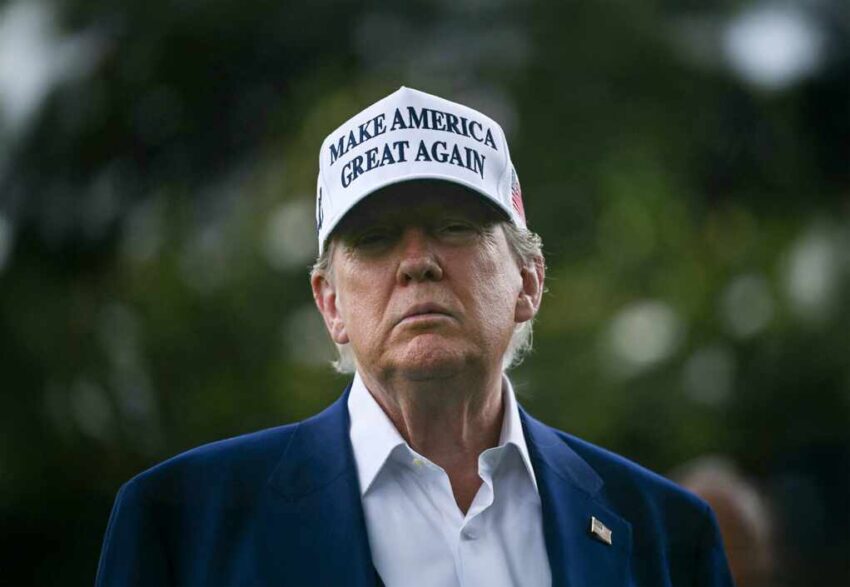A federal appeals court on August 29 ruled that President Trump exceeded his authority when imposing broad tariffs using the International Emergency Economic Powers Act, jeopardizing a central pillar of his second-term trade strategy.
At a Glance
- A federal appeals court ruled 7–4 on August 29 that the IEEPA does not authorize sweeping import tariffs.
- The effect of the ruling is delayed until mid-October, allowing the administration time to appeal.
- Certain tariffs—such as those on steel and aluminum—remain unaffected, as they rely on different legal authority.
- The Trump administration is pursuing alternatives like invoking Section 338 of the 1930 Trade Act and continues pressing forward with international trade negotiations.
Legal Turning Point
On August 29, the U.S. Court of Appeals for the Federal Circuit affirmed a lower court ruling that President Trump overstepped his legal authority by using the 1977 International Emergency Economic Powers Act to impose wide-ranging tariffs. The full court (sitting en banc) decided in a 7–4 split that IEEPA does not grant power to impose import taxes, a power constitutionally reserved for Congress. The decision remains stayed until October 14, giving the administration time to appeal to the Supreme Court.
Watch now: US Court Rules Trump’s Tariffs Illegal, But Tariffs Stay… · YouTube
Scope and Exceptions
While the ruling invalidates most of Trump’s broad “reciprocal” tariffs—including the so-called “Liberation Day” blanket tariffs—the decision leaves untouched industry-specific duties such as those on steel and aluminum, which rely on other legal authorities (e.g. Section 232 or 301).
Administration Response and Next Steps
The Trump administration has swiftly initiated plans to appeal and also explore alternative legal statutes for maintaining tariffs—such as invoking Section 338 of the 1930 Trade Act. Meanwhile, trade talks with international partners are proceeding, even amid legal uncertainty.
Sources
Click this link for the original source of this article.
Author: Editor
This content is courtesy of, and owned and copyrighted by, https://thecongressionalinsider.com and its author. This content is made available by use of the public RSS feed offered by the host site and is used for educational purposes only. If you are the author or represent the host site and would like this content removed now and in the future, please contact USSANews.com using the email address in the Contact page found in the website menu.





